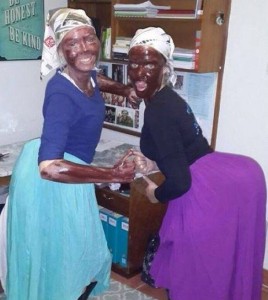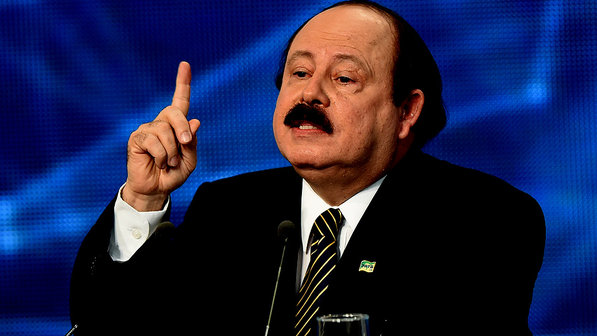By Kathryn Maureen Ryan
Impunity Watch Managing Editor
QUITO, Ecuador – Ecuador’s Yasuni National Park is one of the world’s most biodiverse places. Just 2 ½ acres of its Amazonian forest contains more than 100,000 species of insects, and is home to more plant species than the entirety of the United States. Scientists believe the forest is home to several species of undiscovered and unclassified plant and animal species. Botanists believe the critical Yasuni ecosystem could hold the key to the development of future pharmacological and other scientific discoveries. One third of all pharmacological drugs are derived from nature, mostly from plant species located in biodiverse communities like the Amazonian forests. Botanists say the preservation of Yasuni, one of the world’s vanishing pristine forests, is critical to the development of future medicines.

In 2007, the Ecuadorian government announced that it wouldn’t drill for oil in an untouched section of Yasuni, known as the ITT block. However, despite this promise, President Rafael Correa announced last year that oil extraction would be permitted go ahead in the ITT block. Since then, oil companies have been surveying Yasuni’s ITT block. President Correa claims the project will help alleviate poverty, but many communities fear that continued oil production could destroy the ecological value of the region, putting its residents in danger and forgetting the economic value of the forests for short-term profits. Profits that may never improve the lives of the regions residents.
Oil production has been slowly eroding the Amazonian forests and the incalculable value of its resources, as well as the traditional lifestyle the forests sustain for the regions indigenous peoples. The Waorani tribe has lived off the surrounding forest and river alone. However, over the years, they’ve seen their traditional way of life disappear.
Wani, a Waorani tribesmen, said his children and grandchildren get sicker more often now because of environmental pollutants and introduced diseases. Newly developed roads, forest fragmentation, pipelines and drilling operations have withered away the forests, cutting off the tribe’s access to its traditional sources of food. “Every day there are more cars and fewer animals,” Wani said. He says the oil companies came in and “damage and pollute the land.”
According to Wani, oil companies promise progress, saying that the money brought by oil extraction will improve their lives. But for a people who want nothing more than to live, as they have for centuries, in a pristine environment free from pollution and the illness it brings, the opposite is true. “The oil companies talk about helping us,” Wani said. “But it’s a lie.”
The Waorani aren’t the only people worried about the long-term effects of oil extraction. A few hours upriver from the Waorani’s traditional homeland lies the impoverished town of Coca, the hub of Ecuador’s oil industry. Last year, a broken pipeline spilled nearly 400,000 gallons of crude oil into the Coca River, a tributary to the Amazon. The spill left Coca’s 65,000 residents without access to safe drinking water. The spilled oil was traced through the western Amazon as far away as Peru. A year later, the water in the Coca River still isn’t safe to drink.
For more information please see:
Al Jazeera America – Oil in the Amazon: Who Stands to Win and Lose? – 30 September 2014
The Economist – Oil in Ecuador – 25 September 2014
Al Jazeera America – Indigenous Groups Call for Drilling Limits to Fight Climate Change – 22 September 2014
The Wall Street Journal – State Oil Firms to Invest $400 Million in Ecuador Oil Block – 12 September 2014

